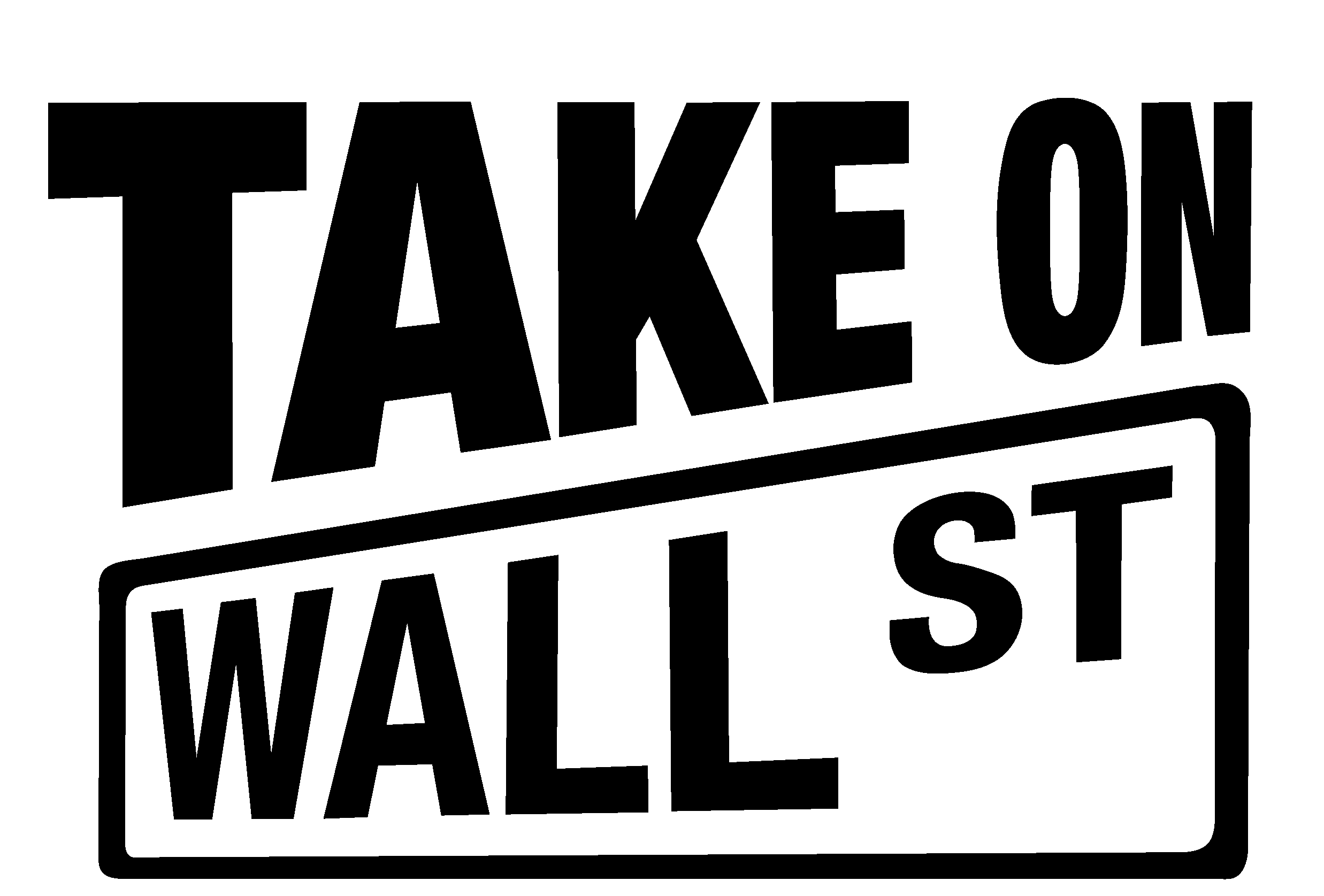 This post was guest authored by Jonathan Bojorquez.
This post was guest authored by Jonathan Bojorquez.
The chairman of the Securities and Exchange Commission, Jay Clayton, has said he aims to “carefully monitor our financial sector as we set policy that encourages American companies to do what they do best: create jobs.” If that’s the case, then his new plan to give the predatory private equity industry access to retail investors looks like a strange move.
The SEC, whose main purpose is to protect investors from fraud and ensuring a fair marketplace, is proposing that private equity firms be allowed to sell shares to retail (small) investors. The private market, as it’s known, has grown enormously in the last decade. By December 2018, the undeployed capital that private equity firms had amassed reached $2 trillion, according to Bain & Company.
Others have documented private equity firms’ history of laying off thousands of employees and the impact on communities of its often predatory business model. But less well understood is the risk to which the SEC would expose small investors by throwing open the doors to share sales by private equity to the public.
When small investors saving for retirement or a home or college tuition buy a share of stock in GE or Microsoft, for example, they are getting a product that faces requirements on disclosure and transparency that guard against outright fraud and deception. They can get information on these securities, purchased a public market like the New York Stock Exchange or the Nasdaq, through quarterly disclosures, whose integrity is guaranteed by certified auditors, based on well-known metrics. The system is by no means foolproof (see: Enron) but investors can generally understand what they are buying.
Now imagine those same small investors have the opportunity to invest in private equity funds. Bain Capital or Blackstone or KKR invites those investors to own a share of the funds they raise to undertake leveraged buyouts of companies. Laying aside the many problems with the impacts of leveraged buyouts on workers, communities, and pensioners, how might small investors experience this industry?
They could very well get an invitation to buy a small slice of a Bain or Blackstone or KKR fund. Here’s what they wouldn’t get: the kind of disclosure that publicly listed companies have, and established accounting standards. They might have to rely on the notoriously unreliable notion of an “internal rate of return” that private equity firms use, which impedes their ability to make informed decisions. In other words, they’d lack everything that makes public markets workable for the broader public.
Moreover, it is nearly impossible to calculate the private companies’ returns as a small investor. Calculations rely on voluntarily reported data, which in this case is biased data since most of the time tends to only be from larger and successful companies. Blackstone’s key private equity funds badly trailed the S&P 500. Private equity overstates the benefits and downplays the risks to its investors.
Diversifying your investment portfolio by adding private equity as a retail investor is also problematic. According to McKinsey, big institutional investors buy into multiple private equity funds (multiple positions) to reduce their risk, something a retail investor is not able to afford. Since a retail investor by definition has less than $1 million in net worth, this investor would have to risk a minimum of 20 percent or more of their total assets to attain a single position that has a one-in-eight chance of losing money.
Almost by design, most Americans don’t know enough about the opaque private equity industry. Therefore, they will have to heavily lean on professionals to guide them, who will charge them management fees and that of itself eats up some of their return. American retirement savers already lose $17 billion each year due to bad advice from self-interested brokers. That number could skyrocket with private equity entering the retail investment space.
Clayton claims that having small investors enter the private market could help small investors operate in the same playing field as high net worth individuals, brokers, insurance companies, banks, and trusts and access better investments that would increase their returns. However, it is unrealistic to assume that retail investors will have the same investment opportunities as large investment funds. It is more likely that retail investors will just pay high fees for underperforming investments.
The SEC concept release is a framework for inviting small retail investors to swim with the sharks. And once those sharks get a taste, they will almost certainly go in for the kill.

Leave a Reply